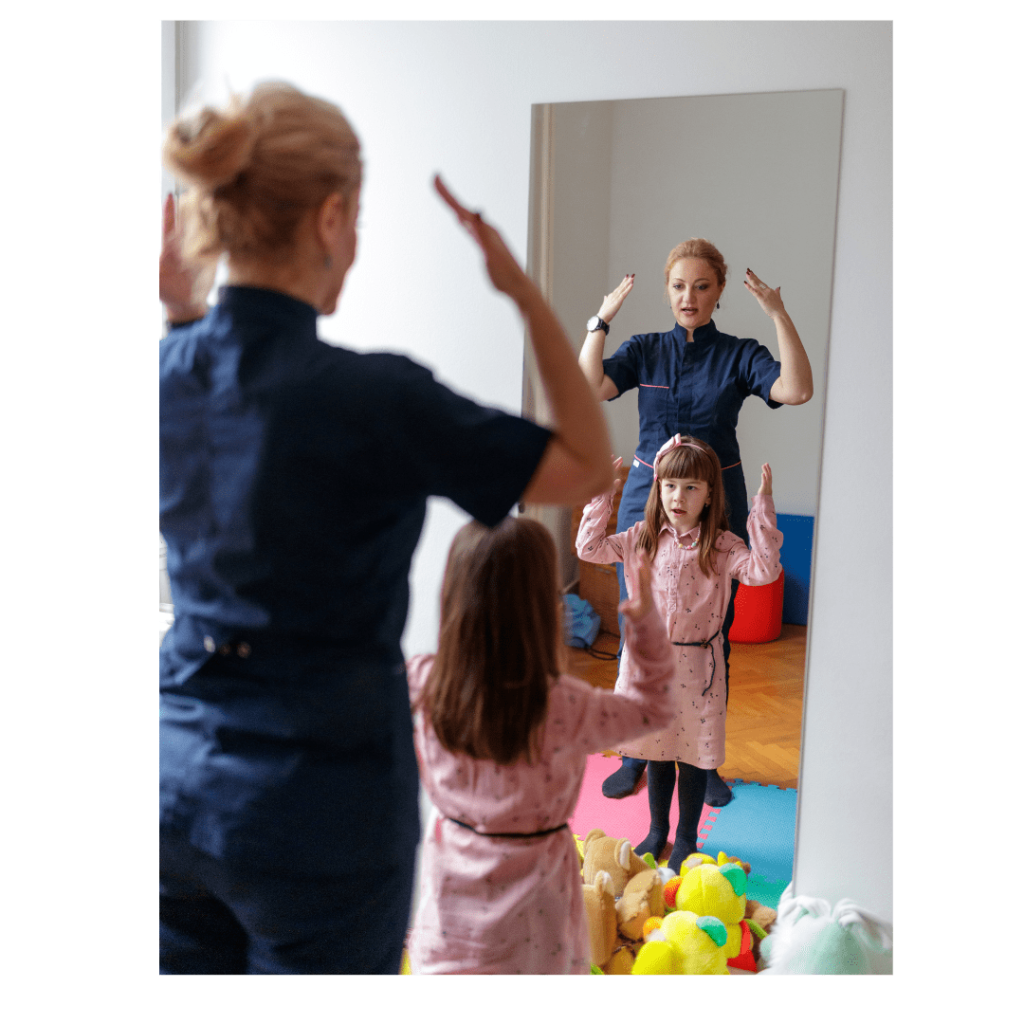CREATE delivers innovative programs for Children's Mental Health
Our mission is to transform access to children’s mental health and to guide a better future. Your support helps us put powerful, science-based tools into the hands of families who would otherwise go without.
Learn more about our programs:
Every child deserves the chance to feel understood, supported, and emotionally safe.
CREATE helps families make that their reality.
Imagine you’re a kid on the playground, and another kid says something that makes you so mad.
Your face gets hot, your fists clench, and before you know it, you’re yelling and pushing. You feel this huge ball of anger in your chest, and it feels like it’s taking over. You don’t want to get in trouble, but you can’t stop yourself. You don’t know why your body feels this way or how to make it calm down.
Not having tools or awareness means you can only act from there.
Here's the impact:
To you this is numbers. To them this is real life.
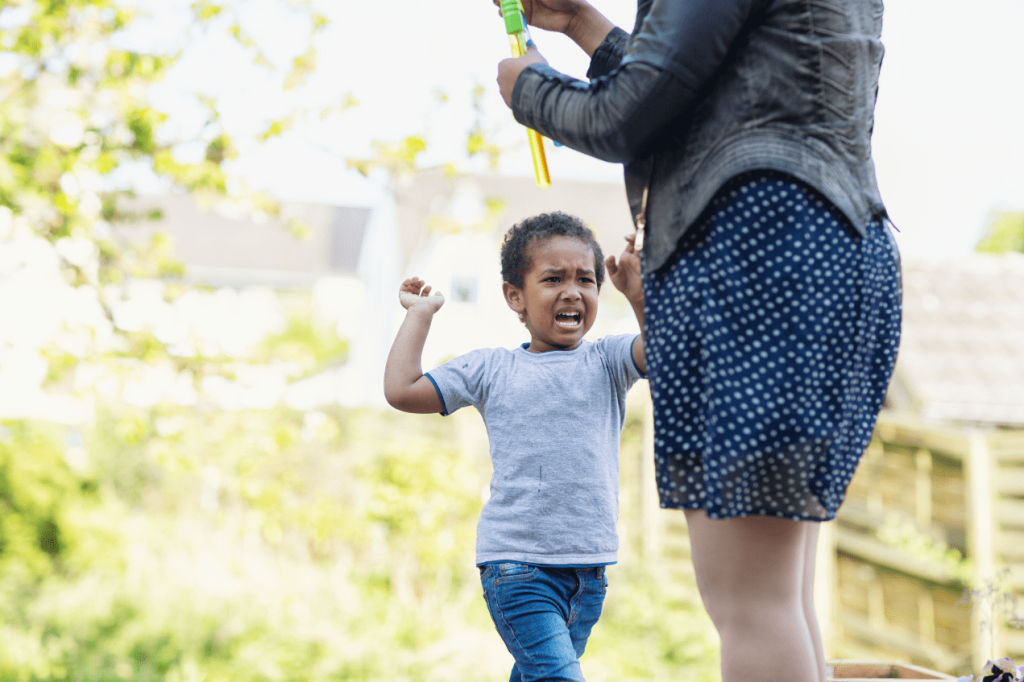
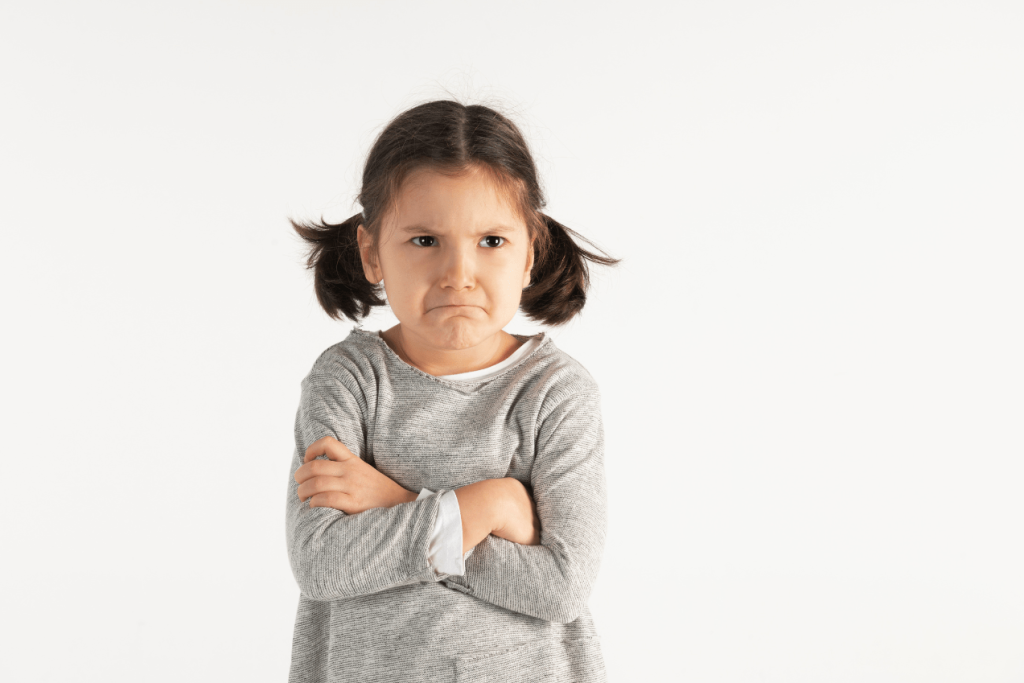
Stress-related body symptoms make children 50% more likely to react impulsively in challenging situations.
75% of children with depression or anxiety report difficulty coping with physical symptoms.
Experiencing body tension, nausea or rapid heart rate can often lead to more severe emotional outbursts or difficulty managing emotions.
Things like stomach aches or headaches often worsen feelings of hopelessness, making these mental health issues harder to identify and treat effectively.
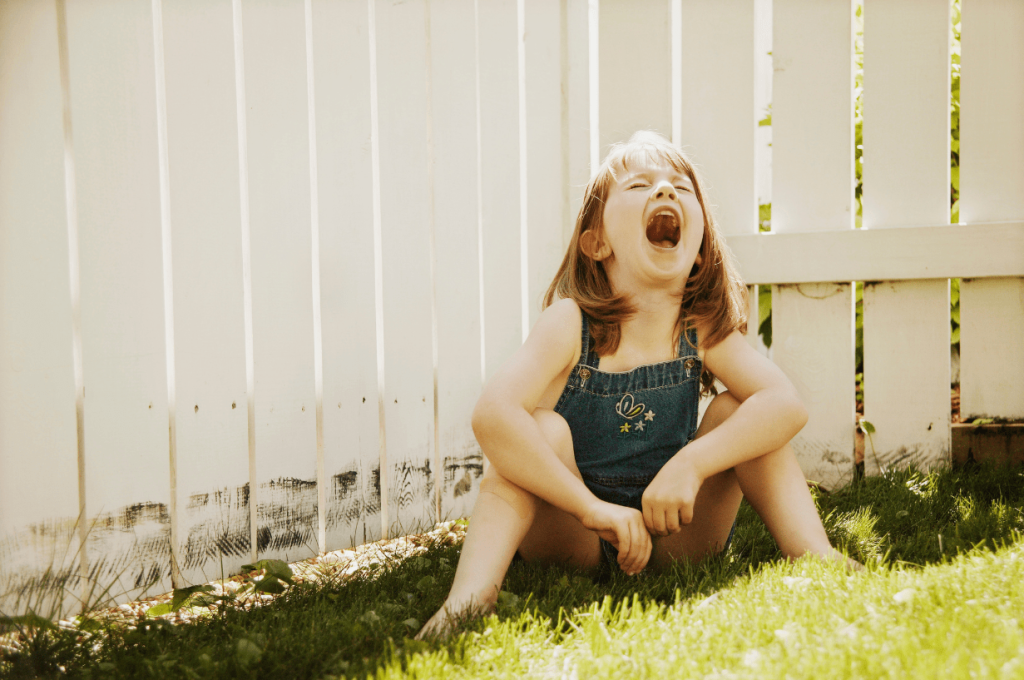
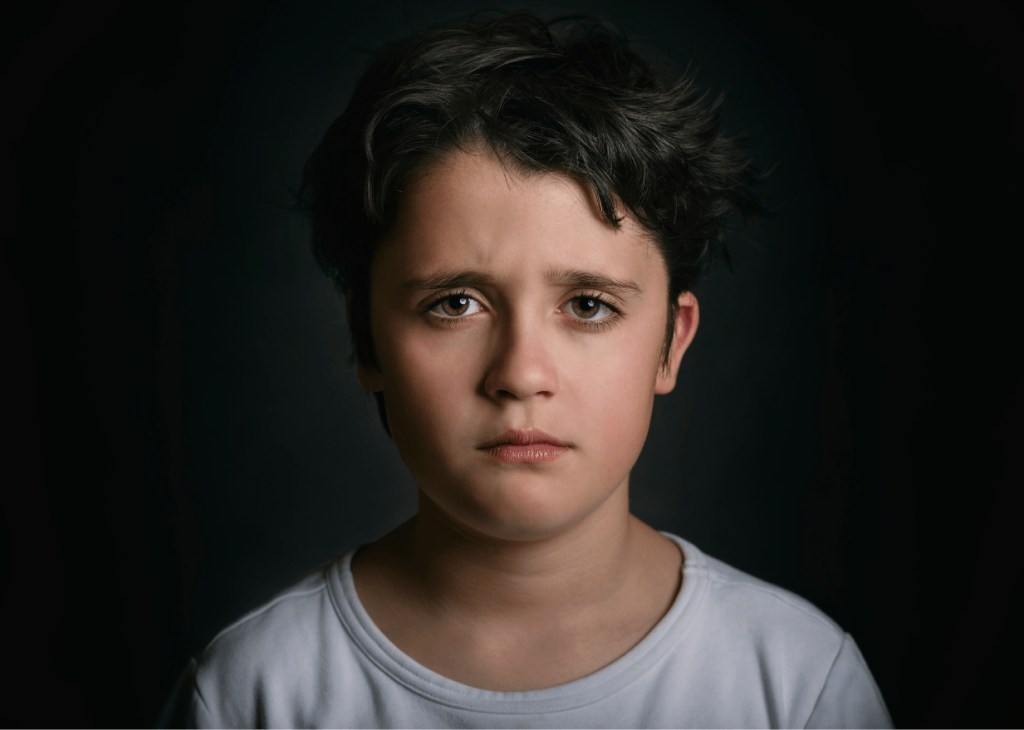
60% of children who struggle with unmanaged anger do so because of physical symptoms.
Kids are twice as likely to have suicidal thoughts because of physical symptoms.
Sensations like increased heart rate and muscle tension can intensify feelings and lead to more reactive or aggressive behaviors in stressful situations.
Children and teens who experience intense, chronic physical symptoms related to mental health—such as unexplained chest pain, headaches, or dizziness— harm themselves more often.
The Problem.
Today, children are exposed to more stresses than ever. Without a full range of skills to manage their mental health they don't live up to their potential.
In schools we teach them to be mindful, but without bringing mindfulness down into the body, kids still lack the skills they really need to move through stress.
Negative emotions still have the upper hand! Without understanding how emotions impact our body children are left feeling overwhelmed and alone in the moments that matter most.
What we do:
We teach children and families that the body is a messenger.
At CREATE, we help educate families about practices that support better mental health. For us to make real impact we need our business’ and communities to come together as one and give families a chance at successful lives.
Become a part of the solution We give you the right tools needed to change lives.What we provide:
- Daily educational content and resources
- Free 1-on-1 therapy for needy families
- Body focused mental health programs in public schools
- Support for new pediatric mental health tech companies
Why you should help:
- Improve your resilience with us
- Help spread much needed tools to more communities
- Support brighter futures and more loving relationships
- Help fuel the future of children's mental health
